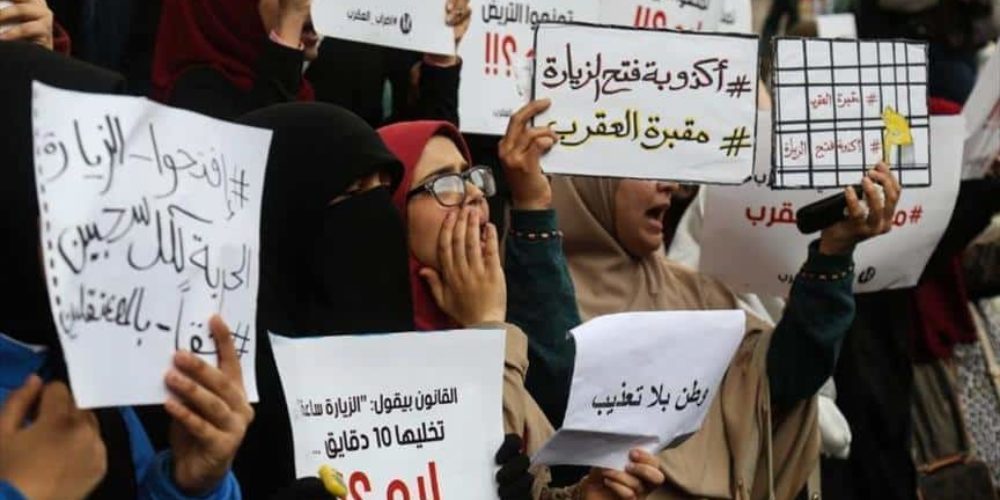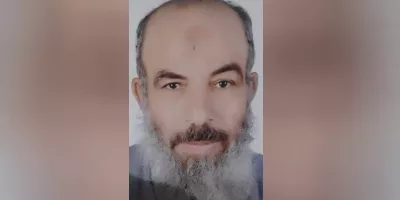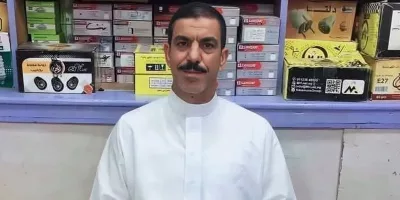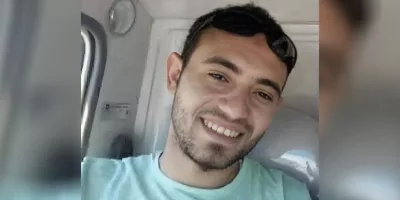A paper published by the Committee for Justice today, titled “Egypt: How families of victims of human rights violations have organized to become an active part of the political rights movement” provides a case study of the gatherings and groups formed by families of victims of human rights violations and how their efforts contribute to the overall efforts by civil society groups raising awareness about the situation of political prisoners and the forcibly disappeared in the country.
The repression that has plagued political life in Egypt since 2013 and the continuous crackdown on human rights activists has led to a movement formed by families of victims of human rights violations who are trying to end the injustice against them, improve their conditions and amplify their voices.
The paper said that social media has become a necessity rather than a mere tool for those families. In recent years, many families of prisoners held in notorious detention centers formed groups to defy the media blackout on their incarcerated loved ones. The groups, mainly on social media, include the Association of the Families of Scorpion Prison Detainees, the Association of the Families of Detainees in Egypt, the Association of the Families of Detainees in Alexandria Prisons, and others.
The paper said that these connections among the families have played an important role in informing human rights organizations, the United Nations, and the international community about the violations that affected many detainees in places of detention, which the Egyptian authorities deliberately cover up. Examples of news that have been hidden by authorities but exposed by the families include the deaths that occurred in Scorpion (Aqrab) maximum-security prison, such as the former MP Hisham Al-Qadi and Nasr Ghazlani. They also published news related to Covid 19 within Scorpion Prison, such as packing wards with those infected, and the death of former parliamentarian Hamdi Hassan of Covid-19, at a time when the Ministry of Interior insisted that prisons were free of Covid-19.
In general, these publications shed light on the extremely poor conditions of Scorpion Prison detainees and draw the attention of human rights defenders. This online momentum sometimes forces the authorities to respond, even in denial, to these facts, which is what the Ministry of Interior has become very famous for, as it issues from time to time statements on its Facebook page denying any of the incidents of ill-treatment and abuse in detention facilities, such as a statement denying the occurrence of suicides and hunger strikes protesting ill-treatment.
The organization also mentioned the role of these family associations in filing complaints and lawsuits to stop violations of the rights of their detained relatives with the assistance of human rights lawyers, such as the lawsuit filed by human rights lawyer Khaled Ali to enable prisoners to receive the Coronavirus vaccine. The lawsuit was filed against the Prime Minister, the Ministers of Health and the Interior, and the Assistant Minister of Interior for the Prisons Authority sector. Shortly after announcing the filing of the case, the Ministry of Interior began issuing statements regarding its plan to vaccinate prisoners and detainees, which the ministry kept silent about for a long time before that, not to mention the lack of transparency regarding the numbers of infections, recovery rates and deaths due to Covid-19 inside prisons and places of detention.
The paper said that family groups are a primary source for human rights organizations to monitor and document violations against detainees in Egypt due to the official blackout on prisons and restrictive NGO laws. The cooperation between human rights organizations and the families of victims of human rights violations results in several outputs such as press releases, reports and research studies, in addition to campaigns of support and advocacy. That cooperation creates an alternative field research methodology and achieves the goal of human rights work by raising human rights awareness at the local and international levels about the victims of arbitrary arrests and poor conditions inside places of detention and the attempt to prevent accountability for the perpetrators of these violations.
The paper described the paths through which the families of victims of human rights violations in Egypt move as a “non-movement” that links a large number of unorganized individuals and moves in pursuit of one goal. These individuals also engage in a political “act” as the thinker Hanna Arendt considers it as a transition from individualism to pluralism in the public space. “Purely personal endeavors to stop injustice and end harm gradually and steadily turn into collective efforts that cannot be said to have brought about a radical political change so far, but certainly can be described as continuity and escape from the authoritarian regime in Egypt,” the paper said in its conclusion. “That philosophy answers the question of the reasons and mechanism for these links to be an active part of a political and human rights movement that does not stop only at demonstrations and sit-ins.”






